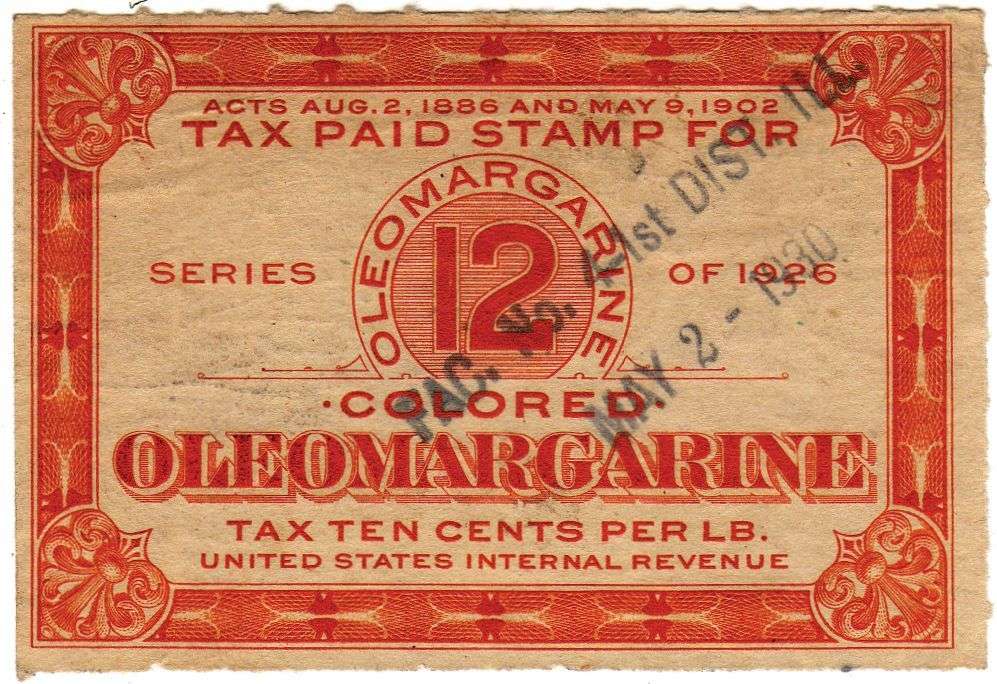cross-posted from: https://lemmy.eco.br/post/4492477
How to store digital files for posterity? (hundreds of years)
How to store digital files for posterity? (hundreds of years)
I have some family videos and audios and I want to physically save them for posterity so that it lasts for periods like 200 years and more. This allows great-grandchildren and great-great-grandchildren to have access.
From the research I did, I found that the longest-lasting way to physically store digital content is through CD-R gold discs, but it may only last 100 years. From what I researched, the average lifespan of HDs and SSDs is no more than 10 years.
I came to the conclusion that the only way to ensure that the files really pass from generation to generation is to record them on CDs and distribute them to the family, asking them to make copies from time to time.
It’s crazy to think that if there were suddenly a mass extinction of the human species, intelligent beings arriving on Earth in 1000 years would probably not be able to access our digital content. While cave paintings would probably remain in the same place.
What is your opinion?
Do you really think you are going to find a working CD drive in 100+ years? Try finding a working 8" floppy drive and a computer that can interface with one. They are only 50 years old and it’s quite a task to read an 8" floppy now.
Data has to be transferred to new media as it becomes available if you want to keep it and be able to read it decades later.
As long as it has a USB-A port, I think it will be good. We can’t seem to kill that one. ;)
Kinda doubt that tbh think at most 15-20 years then we’ll look at USB A like how we see serial today. We’re still in the infancy stages of companies phasing it out even though it started like 8 years ago.
Constantly migrating your data from one storage to the next seems like the only real way.
Hardware solutions personally. . raise too many doubts. Like those “100 year discs”, that just screams untested/untestable.
Microfilm Is basically the only method that will work until the end of this planet when stored properly. Governments usually store important data on microfilm in deep bunkers.
Btw, a HDD technically can last forever as the stuff is physically written into the plate. The problem is accessing the data.
Magnetic tape drives are also a idea, they are slow and all but basically indestructible, same goes for the reader. You “just” need to make shure you have a adapter XD
And no, CDs are not the longest lasting. If you want to store shound forever, vinyls are your friend.
Digital storage is hard to preserve, make stuff physical if you want to have ot in many years.
From what I researched, the average lifespan of HDs and SSDs is no more than 10 years.
Is this running or not running though? I think a bunch of flash chips, properly stored, would last quite a while
Long term storage requires an ongoing migration strategy. The whole ecosystem for reproduction gone away your pristine media will be inaccessible.
I’d just keep a couple different copies and then copy them every 5-10 years, or as new technology comes along. Maybe something like this will be available for consumers in the near future.



